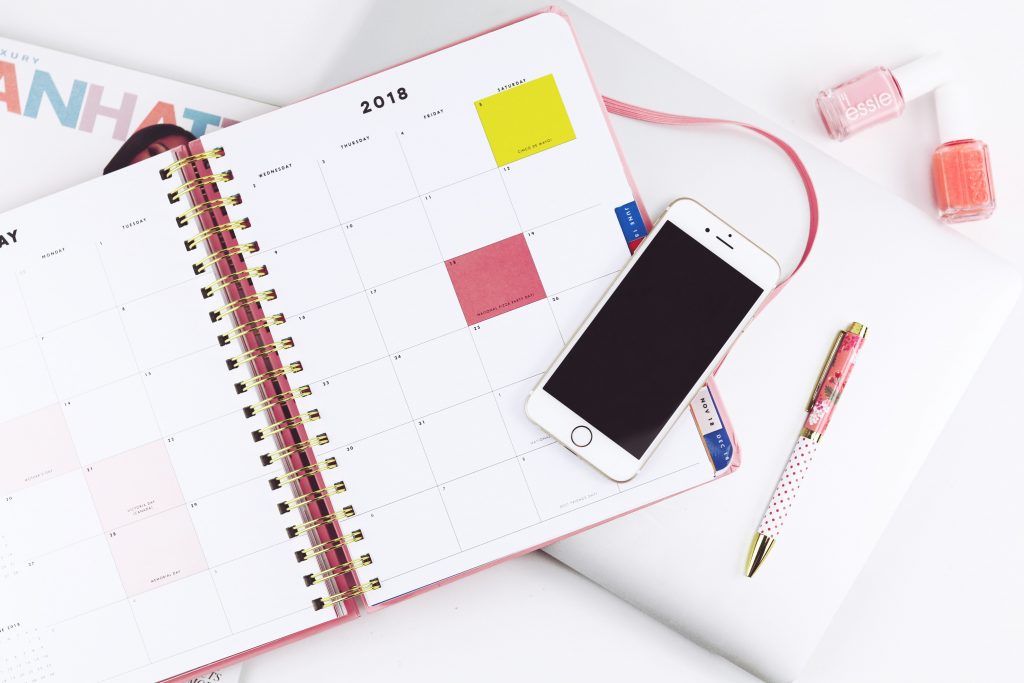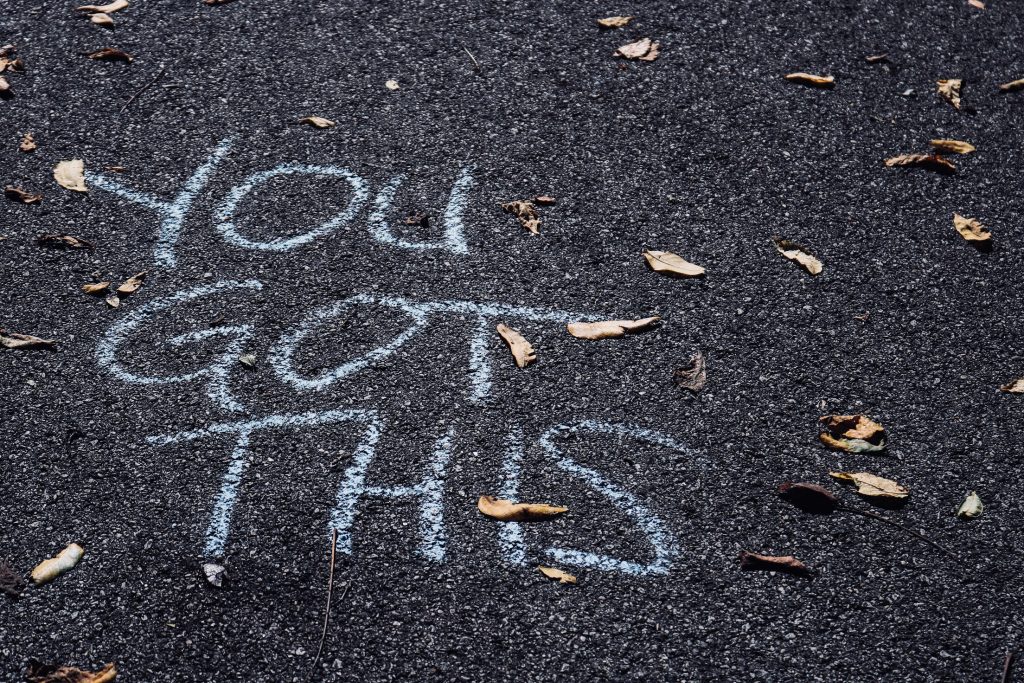
If you are thinking about working with a life coach but aren’t sure if it’s what you need, or if this is the right time, this is for you.
I spoke to someone recently about coaching. She was considering whether or not coaching would be a good idea.
She had left a really good job working for a big corporation around 6 or 7 years ago, pregnant with her first child, and ready to stay at home to look after her baby.
Since then, having had two children in total, the youngest has now started school, and she’s seriously considering what to do next. She wants to do something, she’s just not sure what. She’s totally overwhelmed, totally blocked, and feeling stuck. She’s lost her confidence, and she feels lost.
We decided that working together wasn’t the right thing for her, for now. Why?
Because coaching isn’t what she needs right now.
She has issues with self-esteem, of self-worth. She’s not yet ready to move forward. She knows that there are things from her past that have affected her, that are holding her back. Things that have been lying dormant for years. Things she has to deal with.
What she needs is counselling or therapy. Uncovering things from her past to find a way to move forward in the future.
Coaching is about looking forwards.
And coaching is not about looking back, working out why something happened and why it affected you. It’s not about events that took place during your childhood or adolescence.
It’s also not about someone giving you all the answers, telling you what to do, giving you a fool-proof step-by-step guide to sorting out your life.
Coaching is about looking forwards, planning and taking action. And the ideas all come from YOU. A coach helps you to unearth ideas, passions, opportunities and the next step that’s right for you.
You’re ready.
You’re ready to work with a life coach when you’re determined and excited to make changes. Maybe you feel nervous, apprehensive, scared. You might be stressed, burnt out, worried. You might not be sure exactly in which direction you want to head.
But you know that you have to do something to help yourself move forwards. Maybe there’s a little glimpse of excitement when you dare to imagine yourself in a different situation.
And you are ready to do the work.
You are ready to ask for help, to share what’s going on, and to be open to new ideas. You’re ready to really examine what you want from life, and how you can go about getting there. You need support and someone to push you along.
You’re willing to move out of your comfort zone, knowing that in doing so you’ll make big leaps towards something new.
You’ve got to be all in, ready to put lots into it and take action.
Are you ready? Sounds like you? Contact me at joaopoku@gmail.com and we’ll have a chat about coaching and what you hope to achieve.




